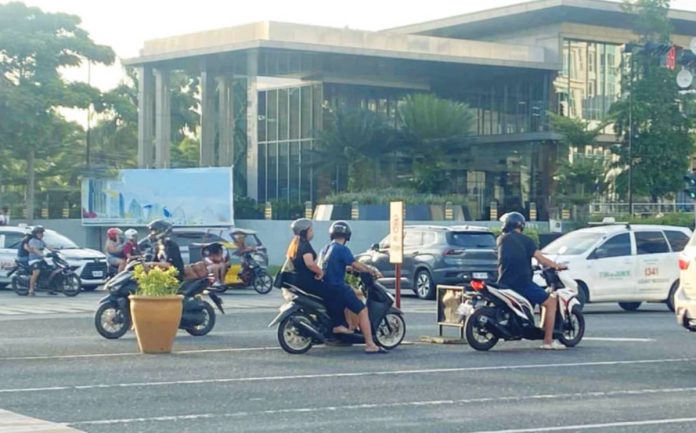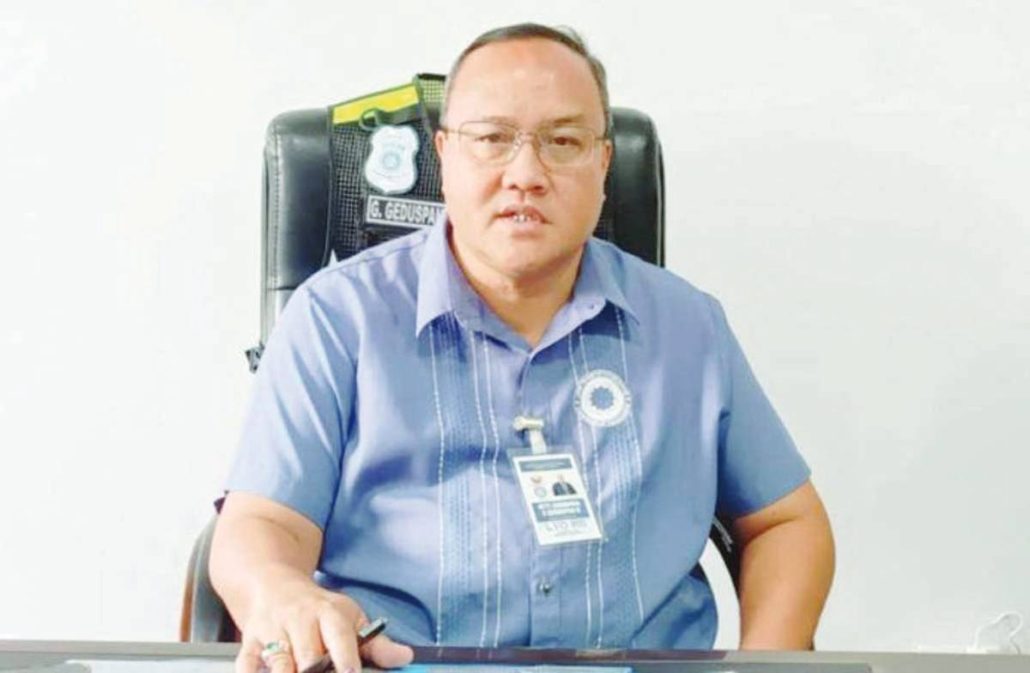
ILOILO – Long branded as the “poor man’s taxi” for being cheap, accessible, and ever-present in the remotest barangays, motorcycle-for-hire has become a daily lifeline for thousands of Ilonggos. But as demand grows, so does the heated debate: should government embrace and regulate this reality, or crack down on what remains illegal, unsafe, and outside the law?
Fifth District Provincial Board member Rolex Suplico said public interest must be the compass. For him, the poor man’s taxi is already woven into rural life.
“In towns and barangays in the 5th District, motorcycle-for-hire is a common occurrence. It is normal for someone to get the services of a single motorcycle and pay for the same to bring him to his remote barangay residence. Bottom line: Public interest. If it is in favor of public interest, my answer is yes,” Suplico told Panay News.
He revealed that vice mayors in the 5th District are drafting ordinances to legalize the use of single motorcycles in their towns.
“I’m going to say yes to any ordinance providing for the operation of single motorcycles-for-hire. It is already a reality. We cannot close our eyes to the fact that motorcycles have become a poor man’s taxi,” Suplico said.
Yet not everyone shares his optimism. Guimbal’s Sangguniang Bayan member Christy Love Custodio-Margarico, interim president of the Philippine Councilors League (PCL)-Iloilo, warned that legalizing habal-habal or angkas is fraught with contradictions.
“Budlay na siya. You know why? Ma-contradict ka na sa iya ka LTO (Land Transportation Office). Because pagbakal mo na sang motor, di gid na siya ‘for hire.’ I am very much aware of that issue. In 2013, I was on the Committee of Transportation, dilemma gid ya mo. Bisan sa LGU (local government unit), kabudlay na siya bala i-regulate,” Margarico said.
She conceded that motorcycles remain indispensable in sitios where even cemented roads still lead to steep climbs and rough trails, but argued that only Congress can create the legal framework.
“So, kabudlay gid sina i-regulate bala. I think it’s the Congress, kay national na sa mo,” she stressed.
For now, she said bluntly: “Ride at your own risk. Wala ka franchise. Wala ka na da insurance. Wala ka lagas. Paano mo siya ma-regulate if wala siya franchise? Kita sa LGU, ma-implement kon ano na nga daan sa national.”
In Iloilo City, Councilor Sedfrey Cabaluna, chair of the Sangguniang Panlungsod’s Committee on Transportation, underscored the legal vacuum.
“We don’t have the authority to regulate them or grant them permission to provide public transport. Their operations are illegal and can lead to apprehension, especially if they are involved in accidents,” he said.
LTO Region 6 stood firm on the same ground.
“In enforcement, they are illegal. They are colorum. They can face penalties. There is no law and authority granting them a franchise,” declared Regional Director Gaudioso Geduspan II.

He added that unlike Metro Manila and Cebu, Iloilo was excluded from the pilot testing of motorcycle taxi regulation.
“Until now, wala na ma-tackle. How can that be regulated kay wala sang living law, regulating their operation?” Geduspa said.
The Land Transportation Franchising and Regulatory Board (LTFRB) Region 6 also washed its hands.
“We have no enforcement authority over two-wheelers. That’s beyond our control,” said officer-in-charge Atty. Ma. Joscet Abellar.
With no law in place, motorcycle taxis remain suspended between necessity and illegality — filling the gaps in public transport as the poor man’s taxi, yet leaving both riders and passengers exposed to the risks of operating in a legal gray zone./PN






